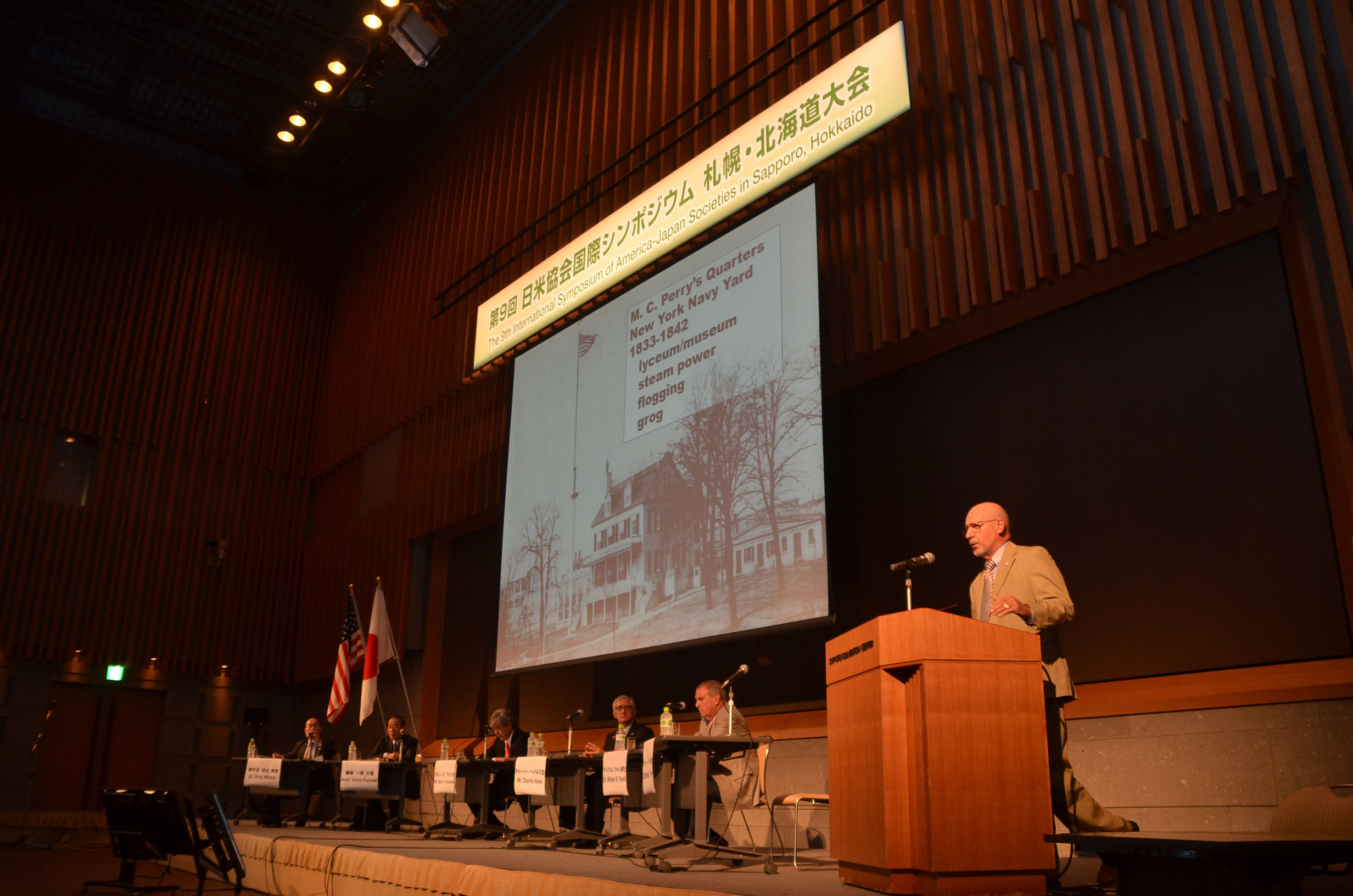The U.S.-Japan relationship remains extremely close due to shared interests and common strategic concerns. But issues ranging from trade negotiations over the Trans-Pacific Partnership to a perception on the U.S. side that Prime Minister Shinzo Abe is too focused on the past, have created immediate political problems.
On a deeper level, the Japanese and Americans most involved with people-to-people exchanges are anxious Japan is becoming more insular, with younger people electing to stay home rather than go abroad for study, and its poor English-language education system is causing it to fall behind the rest of Asia in terms of international presence and competitiveness.
These were the main issues addressed last Saturday at the 9th International Symposium of America-Japan Societies in Sapporo, a gathering of about 300 representatives from Japan-America societies in both nations, Sapporo-based high school and college students, and Hokkaido-based Japanese and American residents.



















With your current subscription plan you can comment on stories. However, before writing your first comment, please create a display name in the Profile section of your subscriber account page.